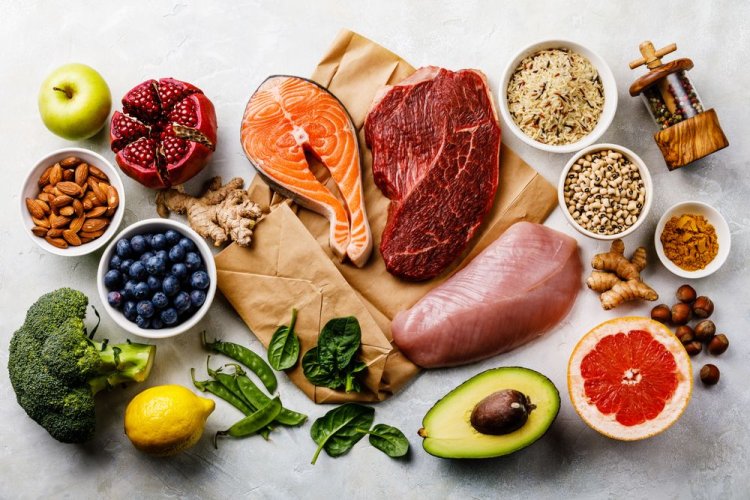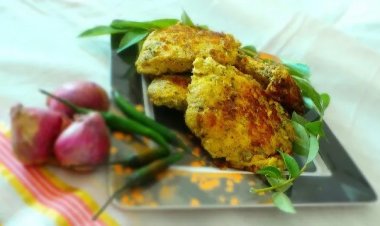5 Foods to Improve Your Digestion
Millions of people suffer from digestive issues such as bloating, constipation, and diarrhoea. Here are five Foods to Improve Your Digestion.

Foods to Improve Your Digestion: Millions of people suffer from digestive issues such as bloating, constipation, and diarrhoea, and 15 percent of people in Western countries suffer from irritable bowel syndrome (IBS), a severe form of gastrointestinal sensitivity. Defining here five Foods to Improve Your Digestion.
Here are five Foods to Improve Your Digestion and prevent common gastrointestinal symptoms.
Whole Grains
How about brown rice? White or whole-wheat bread? Choose whole grains if you want a healthier digestive tract, as optimal colon function requires at least 25 grams of fiber per day.
Compared to refined carbohydrates such as white bread and pasta, whole cereals are rich in fiber and additional nutrients, including omega-3 fatty acids. When fiber is fermented by intestinal bacteria, short-chain fatty acids are produced. These molecules promote optimal function in the cells that line the colon, where 70% of our immune cells reside.
Despite the prevalence of low-carb diets for weight loss, complete avoidance of grains may not be ideal for the beneficial gut flora that flourish on fiber.
Leafy Greens
Leafy greens, such as spinach and kale, are rich in fiber and nutrients such as folate, vitamin C, vitamin K, and vitamin A. According to research, leafy greens also contain a particular form of sugar that promotes the growth of beneficial intestinal flora.
A diet rich in fiber and verdant greens promotes the development of a healthy gut microbiome — the trillions of organisms that inhabit the colon.
Lean Protein
People with IBS or bowel sensitivity should consume lean proteins and avoid high-fat foods, such as fried foods.
Red meat's high fat content is just one reason to choose healthier options, as high-fat foods can stimulate colon contractions. According to experts, red meat also promotes colon flora that produce compounds linked to a higher risk of clogged arteries.
Low-Fructose Fruits
If you are prone to flatulence and bloating, you may want to reduce your intake of fructose, also known as fruit sugar. Apples, pears, and mango all contain a high amount of fructose.
Berries and citrus fruits, such as oranges and grapefruit, on the other hand, contain less fructose, making them simpler to tolerate and less likely to induce gas. Bananas are a low-fructose fruit that is high in fiber and contains inulin, a substance that promotes the development of beneficial gut flora.
Also read: 10 Amazing Benefits Of Mango For Skin Health
Avocado
Avocado is a superfood that is rich in fiber and essential nutrients such as potassium, which promotes healthy digestive function. Low-fructose foods are less apt to induce flatulence.
Be mindful of portion proportions when consuming foods such as almonds and avocados. Although they are nutrient-dense, they are also high in fat, so consume them sparingly.












